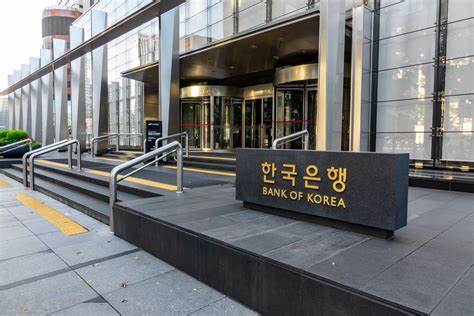The Bank of Korea (BOK) has raised concerns about the rising volatility in the U.S. stock market, particularly in the technology sector, and has emphasized the importance of closely monitoring its potential ripple effects on South Korea.
During a recent economic policy meeting, BOK Deputy Governor Ryoo Sang-dai pointed out that while the Federal Reserve’s recent decision to keep its benchmark interest rate unchanged was expected, the reaction in the stock market requires careful observation.
“The Fed’s decision did not significantly surprise the market, but we need to remain cautious about increasing volatility in U.S. tech stocks. It is essential to evaluate how this might affect our domestic financial market,” Ryoo stated.
Adding to market turbulence, U.S. stock prices fell sharply this week following the launch of a new AI model by Chinese artificial intelligence firm DeepSeek. The cost-effective and advanced AI technology has sparked concerns about increased competition for major U.S. tech giants, further unsettling investors.
Reflecting these uncertainties, South Korea’s Korea Composite Stock Price Index (KOSPI) fell 0.77%, closing at 2,517.37 points. Meanwhile, the South Korean won weakened significantly, reaching a two-week low of 1,452.7 won per U.S. dollar.
Uncertainty Over U.S. Policy & Interest Rates
Ryoo also highlighted the unpredictability of future Federal Reserve rate policies, the U.S. government’s economic strategies, and domestic political developments in the United States.
“We will remain vigilant and continuously assess how these risk factors could affect the South Korean economy,” he added.
Fed Chair Jerome Powell recently stated that the Federal Reserve does not see an urgent need for policy adjustments—a stance that contrasts with former U.S. President Donald Trump’s calls for lower interest rates.
Currently, the interest rate gap between the U.S. and South Korea remains at 1.5 percentage points, with South Korea maintaining lower rates. The BOK recently held its benchmark interest rate at 3% after two consecutive cuts, citing concerns over the weak Korean won and ongoing political and economic uncertainties under the new Trump administration.
Potential Economic Challenges Ahead
All six BOK board members have agreed on the possibility of further interest rate cuts in the coming months to support economic stability. Meanwhile, President Trump has continued to advocate for high tariffs on imported goods and other protectionist measures, adding more uncertainty to global markets.
As South Korea closely watches U.S. market fluctuations, policymakers are preparing for potential shifts in global financial conditions that could impact trade, investment, and economic growth.
You might also want to know about New Rules for Minority Shareholders in Korea
For further details, clarification, contributions or any concerns regarding this article, please feel free to reach out to us at editorial@tax.news. We value your feedback and are committed to providing accurate and timely information. Please note that all inquiries will be handled in accordance with our privacy policy



